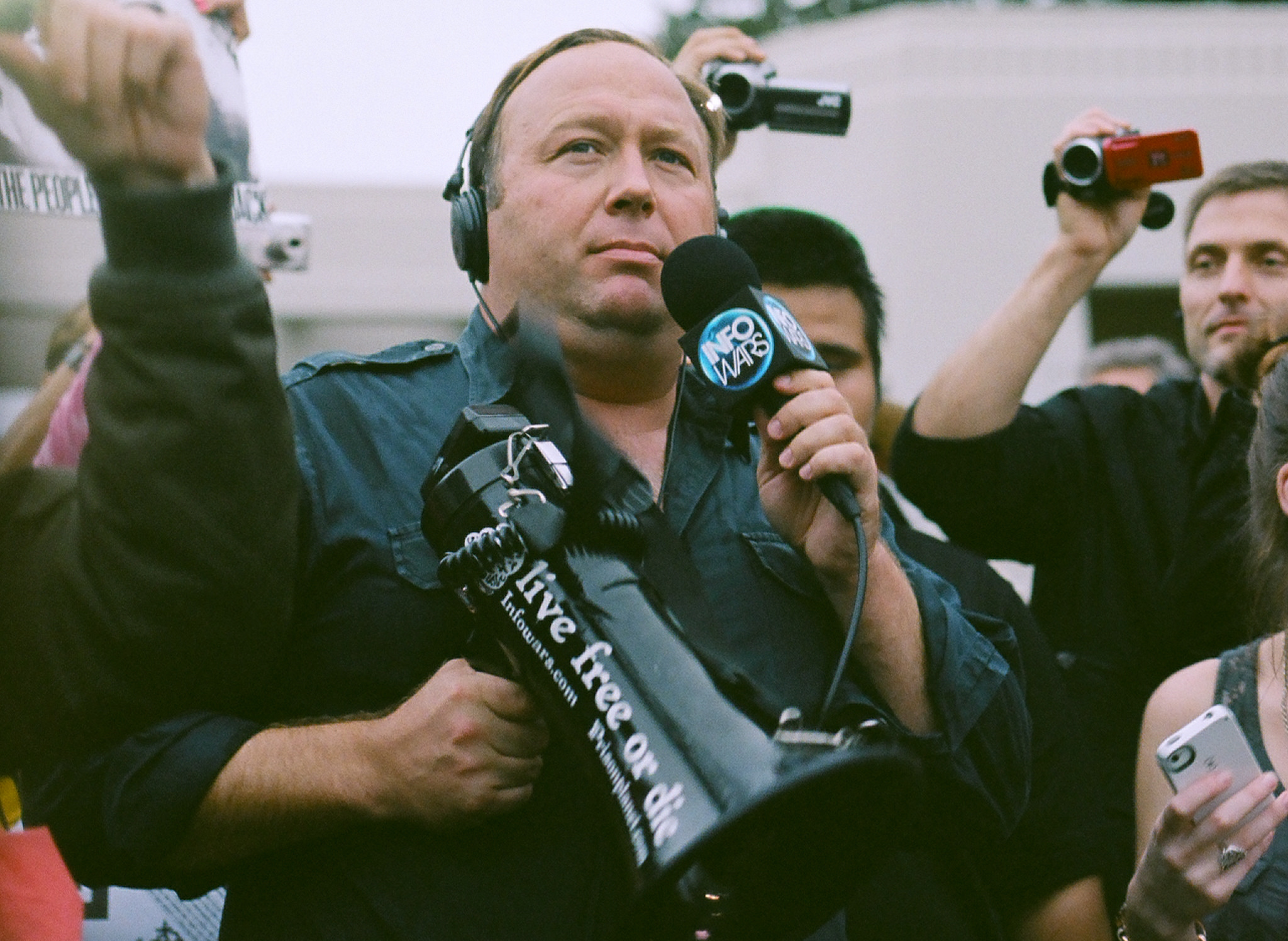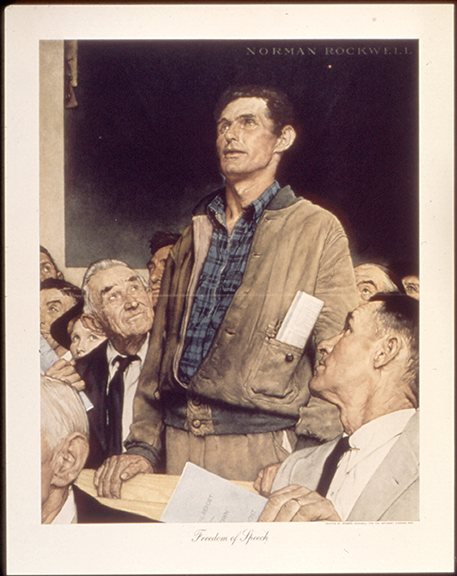First Amendment court tracker, 2025:
Dominion Voting Machines v Newsmax — April 8 — A Delaware judge denied a motion for summary judgment by Newsmax Corp., which means a multi-million dollar defamation trial will start on April 28 — unless Newsmax settles out of court with Dominion. A similar last-minute pre-trial settlement took place in Dominion v Fox, in April of 2023. And a similar defamation case brought by Smartmatic voting machines company against Fox is also headed for court in April. Newsmax settled with Smartmatic for $40 million on March 13, 2025.
Associated Press access to White House — April 8 — The Trump White House can’t punish the The Associated Press for news coverage and geographic terminology that Trump dislikes, a federal judge said Tuesday. The injunction by Judge Trevor McFadden was a major blow to the administration’s efforts to curtail the AP’s access to the White House. (CNN, AP, NPR )
Court won’t reconsider Sullivan — March 24 — The Supreme Court denied certiorari to a petition brought Steve Wynn, a former casino owner and Republican party figure. The petition asked the court to overturn the 1964 Supreme Court defamation ruling in New York Times v. Sullivan, a landmark libel case that makes it difficult for a public figure to pursue a defamation claim. Wynn had argued that the Sullivan standard “is a relatively new feature of libel law.” (Reuters)





 The last time a sitting president sued a newspaper for libel, laughter broke out on the floor of the US Senate.
The last time a sitting president sued a newspaper for libel, laughter broke out on the floor of the US Senate. Hollywood star Olivia de Havilland is suing FX network and Ryan Murphy Productions for “false light” over the way she is portrayed in a docudrama “Feud” that concerns a rivalry between two other stars, Bette Davis and Joan Crawford. Davis and Crawford are dead, but de Havilland, at age 101, is still very much alive.
Hollywood star Olivia de Havilland is suing FX network and Ryan Murphy Productions for “false light” over the way she is portrayed in a docudrama “Feud” that concerns a rivalry between two other stars, Bette Davis and Joan Crawford. Davis and Crawford are dead, but de Havilland, at age 101, is still very much alive.
